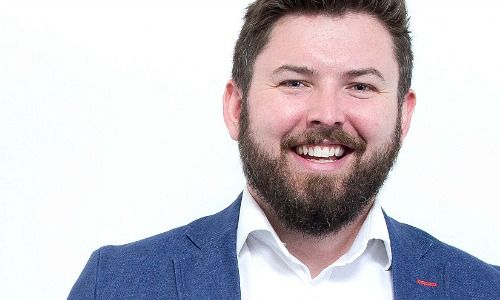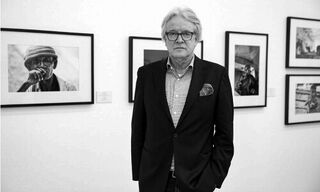Banks will soon notice that someone else is making a noise out here, Jeremy Cook, Chief Economist at World First, tells finews.asia.
Mr Cook, how would you describe World First?
If you are an international payments company now you have to be a fintech company as well. To ignore fintech is to become irrelevant and in such a fast-paced, competitive market ignoring or not prioritising innovation is almost suicidal.
World First is a simple company; we move money. How we do it and how we make the process faster, cheaper and easier than the competition is where the balance of payments and fintech comes together.
Can you give us a breakdown on who your typical clients are in Asia?
They can truly be anyone. As soon as your life or your business crosses a border, there is a currency risk. A client may be buying a property in London or sending a child to Harvard or a business may want to ship its product from Australia to Japan.
«Asia is always a balance of concerns and opportunities»
Private client individuals or small and medium-sized business that sell in two countries or 200 can be our clients because they'll need to move money around the world.
On your latest trip to visit clients in Asia have you noted concerns or opportunities?
Asia is always a balance of concerns and opportunities; you don't get emerging market reward without emerging market risk. The political situation in the U.S. has been the most vocal risk by far. Everyone is talking about Donald Trump and what it means for Asia. He presents a real concern if he follows through on his promises, but Asia Pacific will never be short of opportunities.
Do you foresee World First taking more business away from global and local banks during 2017?
We hope so! We have done every year since we set up 12 years ago. In Singapore alone our volumes are up 20 times in 12 months so the banks will soon notice that someone else is making a noise out here.
Does the speed of innovations in fintech mean you will have to face more competition?
This market is already competitive and it is only going to get more so as the banks’ fintech offerings begin to become clear. We keep ahead by making sure that we always do everything we can to make international payments faster, cheaper and easier. If we're constantly improving that, then we'll be doing ok.
«The Fed has to hike in December»
The U.S. Federal Reserve is likely to take action in December. How will Asia’s emerging markets cope?
The Federal Reserve (Fed) has to hike in December; it would take something truly earth-shattering for them to not one has to think. Given that it is fully priced in there may be little more dollar strength to come from the Fed. A lot of this run higher is a Donald Trump trade on higher inflation and increased fiscal stimulus in the short term, but that could easily wear off if he is unable to get what he wants.
«We must balance this however with Donald Trump's rhetoric on trade»
We also believe that the Fed cannot afford to see a dollar too much higher than where it is now given the damage it will do to inflation. As far as casualties, a lot of focus is being put on the Malaysian ringgit given the political issues in the country and the weakness of the yuan towards 7.00 will have some businesses hoping that the People's Bank of China doesn't lose its grip on the yuan.
With your Chief Economist hat on where do you see global currencies after the first 100 days of the Trump administration?
Given Trump has a Congress stacked in his favour we can see talk of a stimulus bill being floated, debated and passed quickly which will bring dollar versus emerging markets higher. We must balance this however with his rhetoric on trade which will temper dollar strength if markets believe any changes are detrimental to longer term growth expectations.
I like the yen to strengthen in the first quarter as other havens like the euro and the pound delay with their own political issues.
Jeremy Cook is Chief Economist and Head of Currency Strategy at World First. He joined this international payments company in 2007 as a Corporate Dealer when the Corporate Desk at World First consisted only of 5 people. He forwent university and learnt everything he knows now from those he worked with.
He started his career in finance at HSBC in the City of London, where he decided on a move into currency after a stint in private equity advice. He took on the role as World First's Chief Economist in 2010.





















